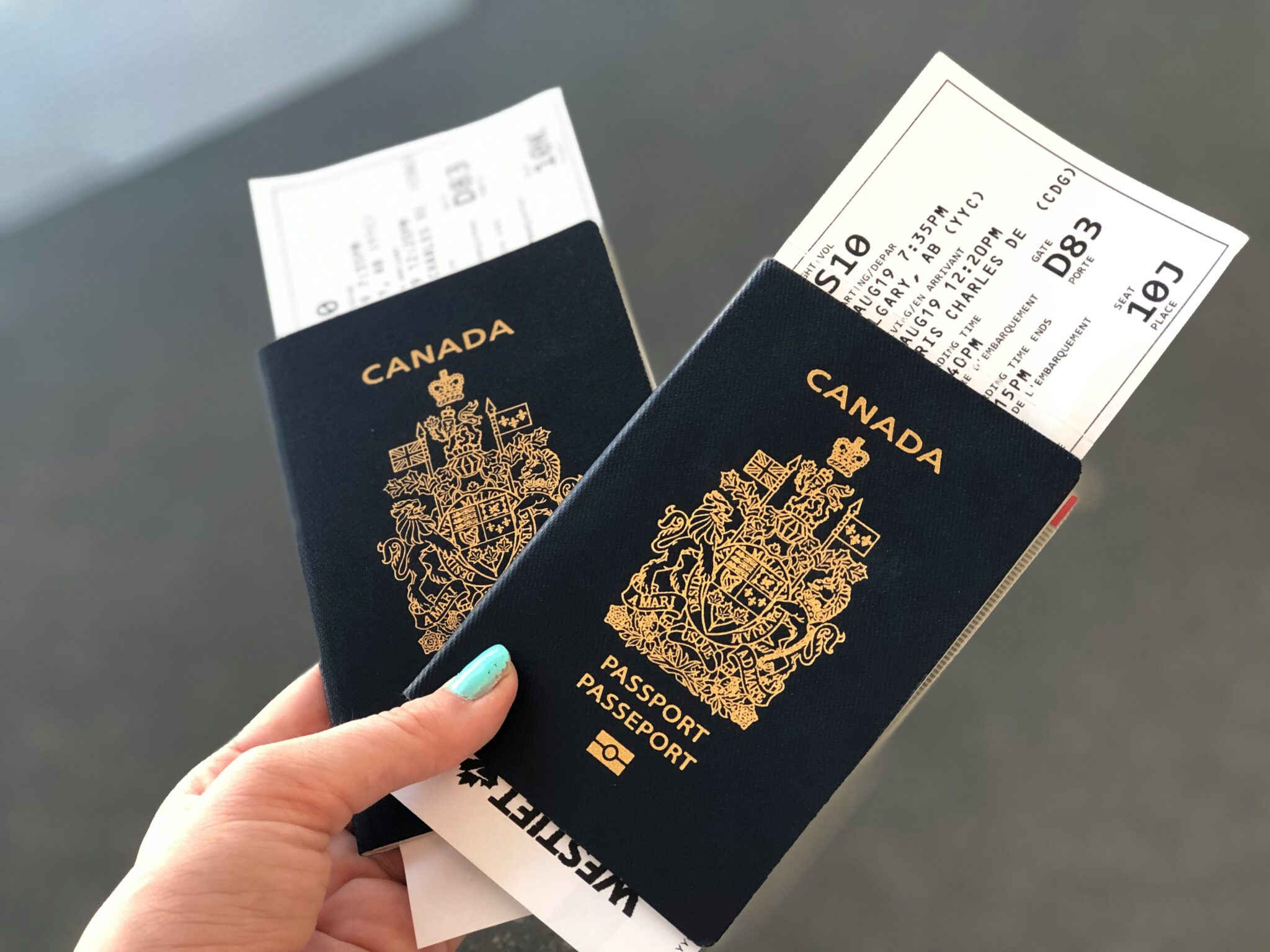Daily Podcast: The UK’s Travel Incompetence
Skift Take

Skift Daily Briefing Podcast
Listen to the day’s top travel stories in under four minutes every weekday.Today’s edition of Skift’s daily podcast looks at the utter incompetence of England’s leadership to operate airports or trains, using WhatsApp to drive travel bookings in the Middle East and India, and a direct booking effort for hotels in Argentina.
Listen Now
🎧 Subscribe
Apple Podcasts | Spotify | Youtube | RSS
Episode Notes
Travel chaos in the United Kingdom throughout recent weeks, including overstretched airports and rail strikes, is dealing the country’s economic recovery a major blow. This kind of travel disruption could also hurt the UK’s reputation, reports Corporate Travel Editor Matthew Parsons.
London Heathrow Airport, in particular, has had its share of problems, including a luggage backlog widely broadcast on social media throughout the world. The airport has asked airlines to cancel flights so it can catch up with delays caused by a glitch with its baggage system. Meanwhile, a railway strike is complicating companies’ efforts to bring their employees back to the office.
Catherin Logan, an executive at the Global Business Travel Association, said further travel disruption will impact business travel’s recovery, stating a return to the office has a direct correlation to the sector's large-scale return. Meanwhile, Andrew Stephenson, a director of marketing at consumer data firm Treasure Data, warns the inability of UK airlines to cope with the large numbers of travelers is damaging the country’s reputation internationally. He added its airline industry has a steep climb to recover its standing over the coming months.
Next, WhatsApp — booming in popularity in recent years — has emerged as a popular communications platform for travel companies throughout India and the Middle East. But those companies using the app still need human interaction with customers to drive bookings, writes Asia Editor Peden Doma Bhutia.
Travel executives, such as Ashish Pratap Singh — chief marketing officer for Middle East online travel agency Rehlat.com — tout the benefits of WhatsApp, especially in regards to being able to inform consumers quickly about flight changes. While travel companies using WhatsApp is not a new development — A 2016 Skift Megatrend noted that brands ignoring popular messaging platforms were doing so at their own peril — it’s growing in importance for such businesses. Roughly 390 million people use WhatsApp monthly in India.
But as travel brands like India-based online travel agency Yatra use chatboxes on WhatsApp to solve consumer queries, Bhutia writes that it’s crucial for companies to use human interaction when situations call for it.
We end today with a plan in Latin America to combat the digital divide affecting its hotels. Argentina’s hotel and restaurant federation is launching an online booking website to help properties in the region make direct bookings, writes Contributor Paula Krizanovic.
ReservAR Alojamiento, a project developed by Argentine hotel leaders, aims to bridge a digital divide that has resulted in many Latin American travel companies being behind the times in online sales. The project provides digital management and marketing free to licensed accommodation providers, regardless of whether they are affiliated with the association or not. Fernando Desbots, the federation’s president, said the group’s research revealed that 60 percent of the companies in the sector weren’t using digital tools as of 2020.
Direct bookings are desirable for hotels because they eliminate intermediary fees. Florencia Landivar, the federation's vice president, said some travel companies couldn’t afford the 15 to 30 percent commissions online travel agencies were charging, which meant that they didn’t utilize the digital channels consumers are accustomed to.





